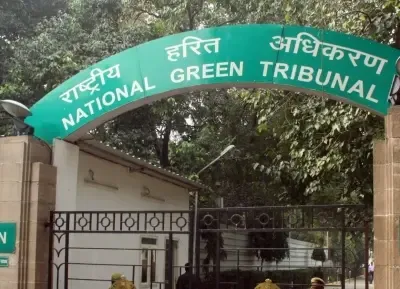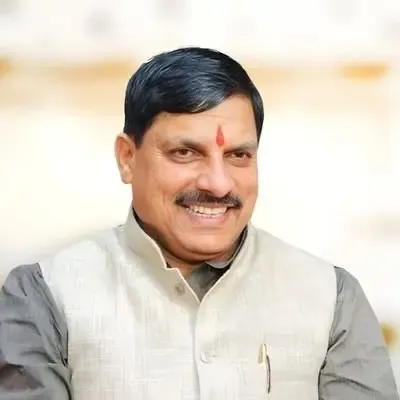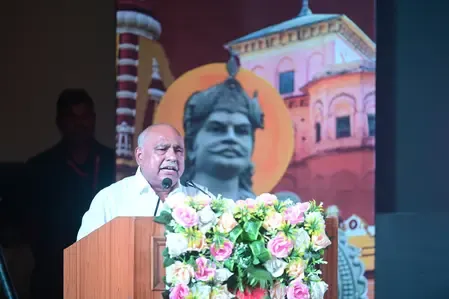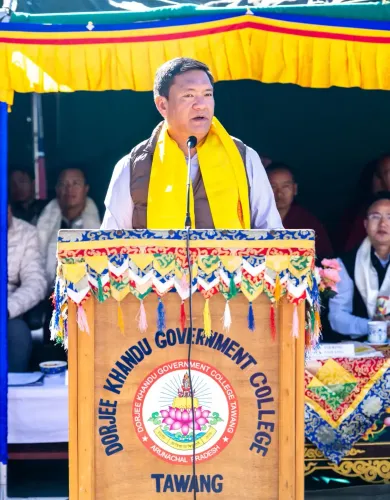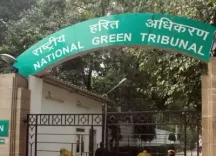Has NHRC Addressed the Crisis of Unclaimed Bodies in Raipur Mortuary?
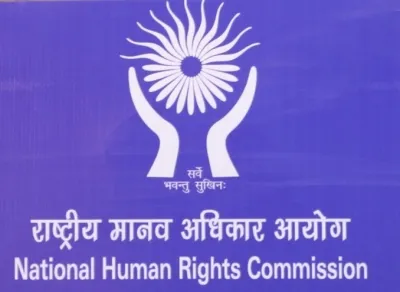
Synopsis
Key Takeaways
- NHRC intervenes in a critical human rights issue.
- Unclaimed bodies are accumulating in Raipur's mortuary.
- An NGO has been facilitating funerals for unclaimed individuals.
- The dignity of the deceased must be respected according to religious beliefs.
- The Chhattisgarh administration has yet to take action on allocated land for last rites.
New Delhi, Sep 19 (NationPress) The National Human Rights Commission (NHRC) has taken suo motu cognizance of a media report highlighting the alarming situation of unclaimed deceased individuals accumulating within the mortuary of the Raipur District Hospital in Chhattisgarh, due to a lack of space for conducting their last rites.
The report indicates that an NGO has been facilitating the funerals, while three unidentified bodies have reportedly not been sent for post-mortem examinations since the previous week.
In response to this report, the apex human rights body has remarked that if the information is accurate, it raises significant concerns regarding potential human rights violations, as the deceased deserve to be treated with dignity and in accordance with their respective religions.
The NHRC has formally issued a notice to the Chief Secretary of Chhattisgarh, demanding a comprehensive report on this issue within two weeks.
Previously, in 2021, the Commission had released an advisory underscoring the necessity to uphold the dignity and rights of the deceased. It emphasized that the right to life, fair treatment, and dignity under Article 21 of the Constitution of India extends not only to living beings but also to their remains.
As per the press report, approximately three years ago, the district administration allocated three acres of land designated for the last rites of unclaimed bodies, where the NGO has conducted rites for over 800 unclaimed individuals.
It has been reported that the land could be reused after soil refilling; however, no actions have been initiated by the administration thus far.
Founded under the Protection of Human Rights Act of 1993, the NHRC serves as an autonomous statutory body, reflecting India's commitment to the promotion and safeguarding of human rights.
Its principal mission is to protect and promote human rights, defined as the rights associated with life, liberty, equality, and the dignity of individuals guaranteed by the Constitution or enshrined in international covenants, and enforceable by courts in India.
The apex human rights body holds the authority to take suo motu (on its own initiative) action based on media reports, public information, or other sources, without a formal complaint of human rights violations.

